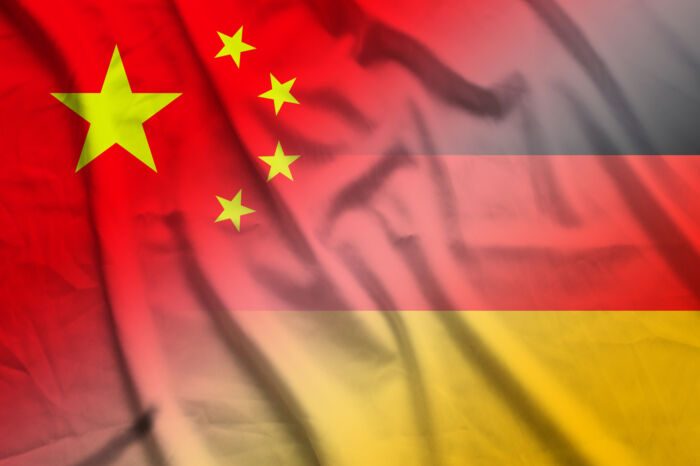The question of Germany’s dependence on China is answered in a survey by Jürgen Matthes for the Institute of the German Economy (IW).
At the same time, the growth of German exports to China has weakened significantly, the institute said, citing economists who point to a trend towards more local production in the Chinese market.
The author of the study said.
“The German economy is much more dependent on China than vice versa.”
This dependence poses a political problem, he said, because of Beijing’s stance on Russia’s invasion of Ukraine and China’s relationship with Taiwan.
The West does not like German foreign policy
Germany’s foreign policy has recently come under fire from several countries that are not too happy with its approach to sanctions against Russia. Many people are wondering how Germany would behave if China tried to capture Taiwan.
If that were to happen, the US and other Western allies would push for tough sanctions against China. It is unlikely that Germany would be one of them, which might protect its export-driven economy but would damage its own and Europe’s international credibility.
Olaf Scholz avoided answering this question, but then said.
“The question of our country’s dependence in key areas concerning supply chains, raw materials and other things is an essential element of our national security strategy, which we are currently working on.”
Economic interdependence is growing
“Despite these dangers and problems, however, economic interdependence with China developed at a tremendous pace in the first half of 2022.”
German investment in China amounted to around €10 billion between January and June. This far exceeds the previous highest half-year figure recorded since the turn of the millennium, which was €6.2 billion.
Read also: Swiss gold export soars to 202 tonnes in July
China’s share of German imports rose to 12.4% in the first half of 2022, up from 3.4% in 2000. German imports of Chinese goods rose 45.7% year-on-year in the half, IW found. Germany’s trade deficit with China will climb to nearly €41 billion by mid-2022, it said.
The Economic Institute called for a policy turnaround, reducing incentives to trade with China and increasing trade with other emerging markets, particularly in Asia.











Comments
Post has no comment yet.